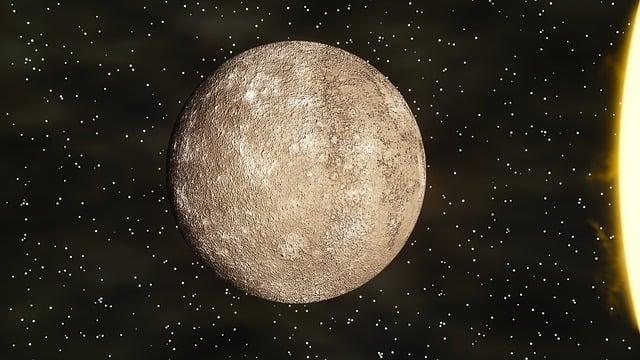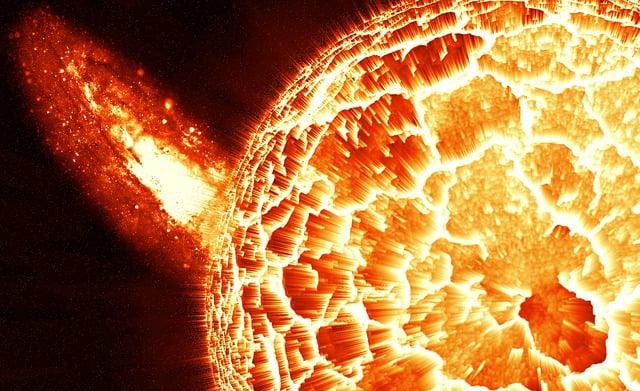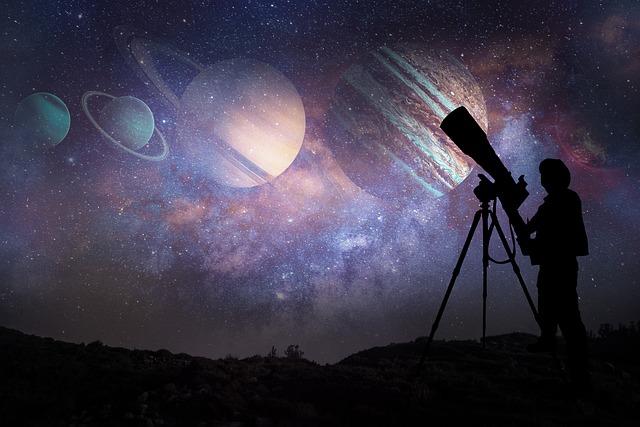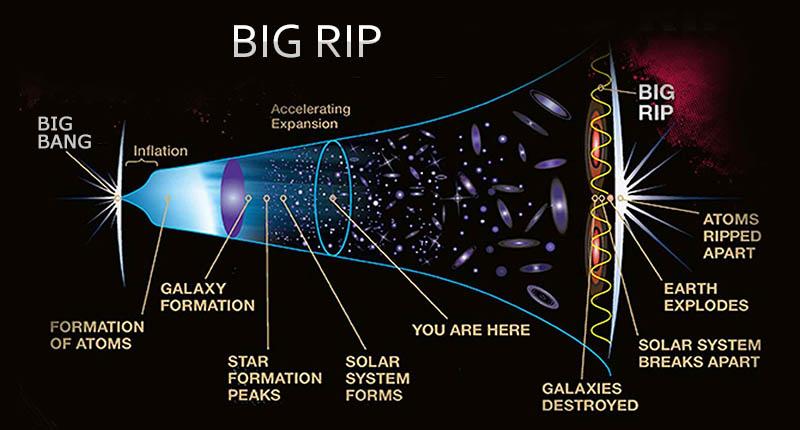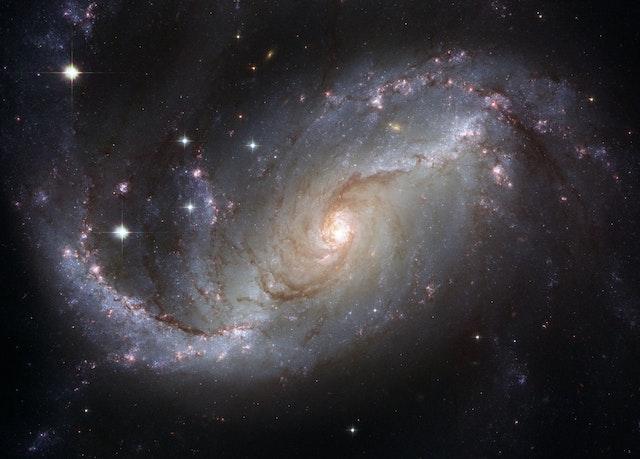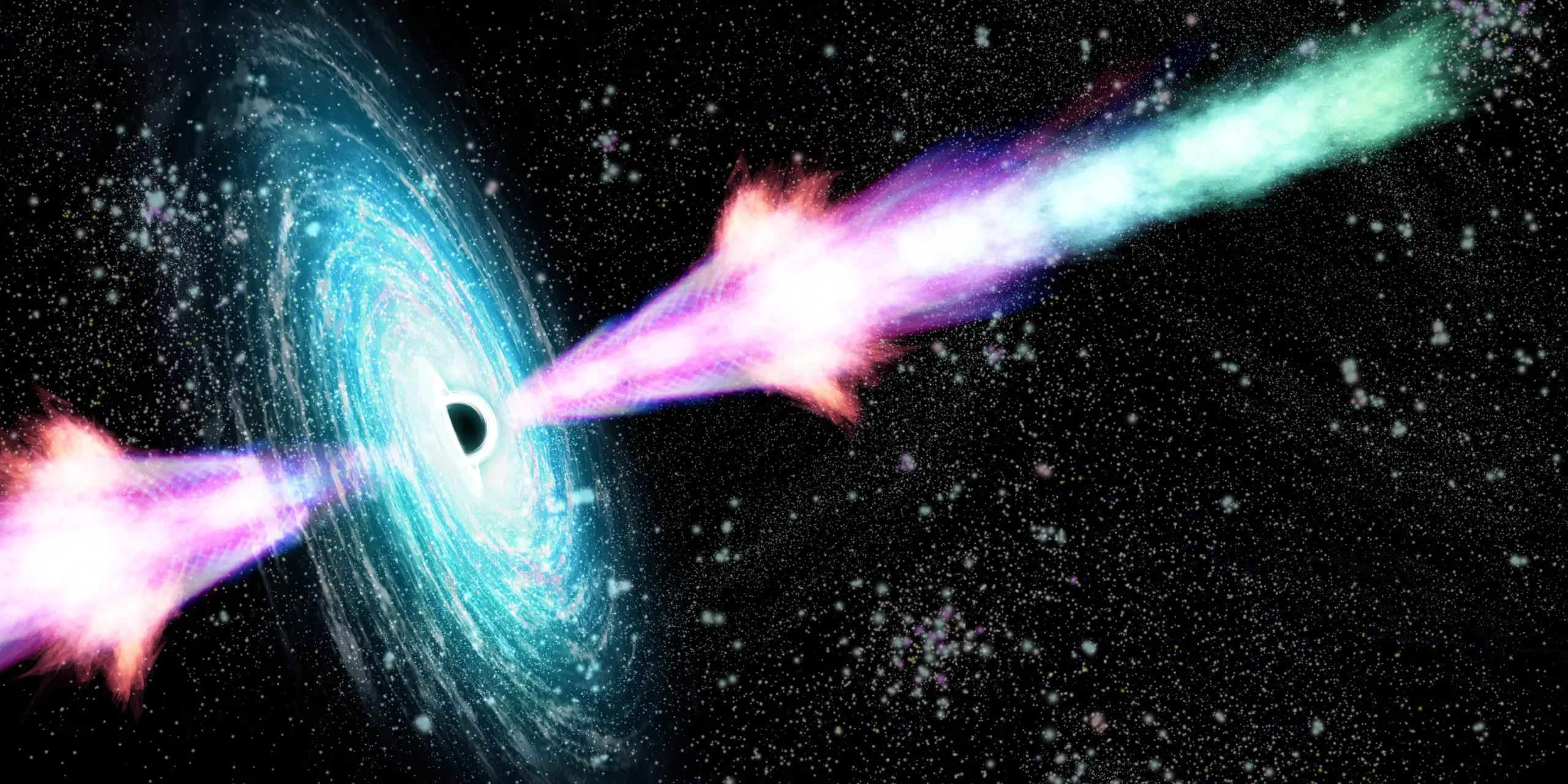The Basics of Mercury: Characteristics, Composition, and Physical Properties Mercury, the smallest planet in our solar system, is an intriguing world that has captured the attention of scientists and space enthusiasts alike. Understanding its characteristics, composition, and physical properties can help us gain insights into the history and evolution of our solar system. Mercury has a diameter of just 4,879 kilometers, making it only slightly larger than Earth’s Moon. It orbits the Sun at a distance of about 58 million kilometers and takes just 88 Earth days to complete one orbit. Due to its proximity to the Sun, temperatures on […]
Category: Space
The Science of Sunspots: Understanding the Phenomenon Sunspots are fascinating phenomena that have captured the interest of astronomers and laypeople alike for centuries. These dark, irregularly shaped patches on the sun’s surface are caused by changes in the sun’s magnetic field, and they have a significant impact on the sun’s overall activity and the space weather that affects our planet. Understanding the science behind sunspots is critical for scientists to predict and mitigate the effects of solar activity on Earth. Sunspots have been observed for hundreds of years, but it wasn’t until the invention of the telescope that astronomers were […]
The History of Telescopes: From Galileo to Hubble Telescopes have played a crucial role in our understanding of the universe. They have helped us discover new planets, galaxies, and stars, and have enabled us to study the properties of light and matter in greater detail. But where did it all begin? Let’s take a trip back in time and explore the history of telescopes, from the early days of Galileo to the modern era of the Hubble Space Telescope. In the early 1600s, the Italian astronomer Galileo Galilei made one of the most significant discoveries in the history of astronomy. […]
Telescopes:- Science Behind it, Exploring the CosmosRead More »
The Big Rip Theory: An Introduction to the End of the Universe Have you ever wondered what will happen to the universe in the far future? According to the Big Rip theory, the universe will eventually meet its end in a dramatic way. The Big Rip theory proposes that the expansion of the universe will continue to accelerate until it reaches a point where the gravitational forces that hold matter together are overpowered. This means that even galaxies, stars, and eventually atoms will be torn apart, resulting in a universe filled with only elementary particles. While the idea of the […]
What is the Big Crunch Theory and How Does it Work The Big Crunch Theory is a cosmological model that proposes the universe will eventually collapse in on itself. This collapse will result in a state of extreme density and temperature known as the “big crunch.” The Big Crunch Theory is one of several possible fates for the universe, which also include the Big Freeze and the Big Rip. According to the Big Crunch Theory, the universe is expanding, but this expansion is gradually slowing down due to the gravitational pull of all the matter in the universe. Eventually, this […]
Exploring the Causes of the Big Freeze: What Could Have Triggered the End of the Universe as We Know It The Big Freeze Theory is a fascinating topic that has captivated scientists and enthusiasts alike for decades. It proposes that our universe is on a trajectory towards a cold, dark end, leaving behind no trace of the vibrant energy that characterizes our cosmos today. In this article, we will explore the potential causes of the Big Freeze, and attempt to answer the question: what could trigger the end of the universe as we know it? One of the primary factors […]
Exploring the Milky Way: A Guide to Our Home Galaxy Welcome to the ultimate guide to exploring the Milky Way – our home galaxy! As we gaze up at the night sky, we see a band of light arching across the darkness – this is the Milky Way. But what exactly is it, and how can we explore it? Firstly, let’s start with some basics. The Milky Way is a barred spiral galaxy, approximately 100,000 light-years in diameter, containing hundreds of billions of stars. Our Solar System is located on one of the spiral arms, about 27,000 light-years away from […]
The Mystery of Gamma Ray Bursts: What We Know and What We Don’t Gamma Ray Bursts (GRBs) are one of the most intriguing phenomena in astrophysics. They are brief but intense bursts of gamma-ray radiation that come from distant galaxies. Although scientists have been studying GRBs for several decades, there is still much we don’t know about them. GRBs were first discovered in the late 1960s by the US military’s Vela satellites. Since then, many satellites have been launched to study GRBs, including NASA’s Swift and Fermi spacecraft. Thanks to these missions, we now know that GRBs come in two […]
Gamma Rays Bursts:- Exploring the Origin, Power & MysteryRead More »
Cosmic Rays and Dark Matter: Illuminating the Secrets of the Universe What are cosmic rays and where do they come from? Cosmic rays, those high-energy particles that constantly bombard Earth from outer space, have fascinated scientists and space enthusiasts for decades. These particles originate from a variety of sources, including exploding stars, supernovae, black holes, and other astrophysical phenomena. The mystery of cosmic rays lies in their ability to penetrate through Earth’s atmosphere, reaching the surface with incredible amounts of energy. Scientists have been studying cosmic rays for years, and yet, there is still much to be discovered about their […]
Cosmic Rays and Dark Matter: Illuminating the Secrets of the UniverseRead More »
What is dark energy and why is it important? Dark energy is one of the biggest mysteries in the universe. It is a hypothetical form of energy that is thought to be responsible for the accelerated expansion of the universe. But what exactly is dark energy, and why is it so important? To understand dark energy, we first need to understand the history of the universe. In the early universe, shortly after the Big Bang, the universe was expanding, but that expansion was slowing down due to the gravitational attraction of all the matter in the universe. However, in the […]
Dark Energy:- Research, Theory, Technology role, FutureRead More »

